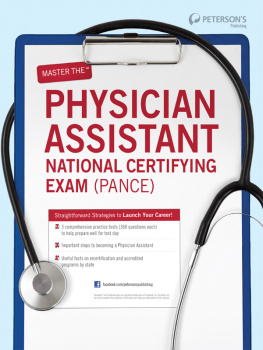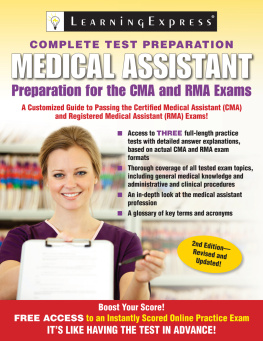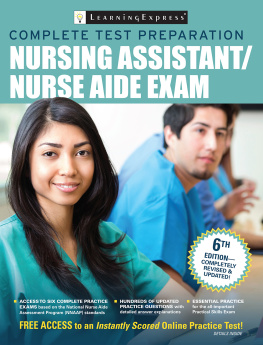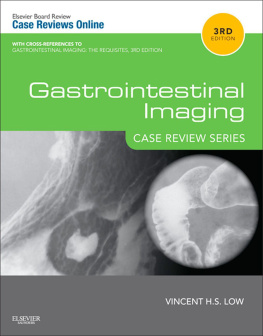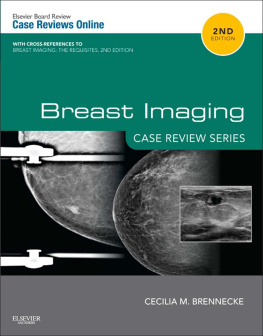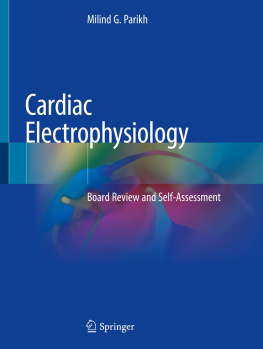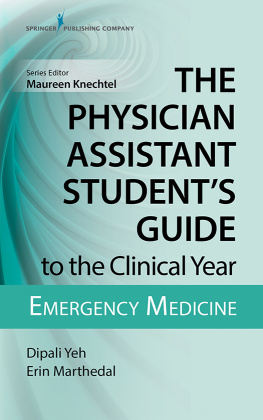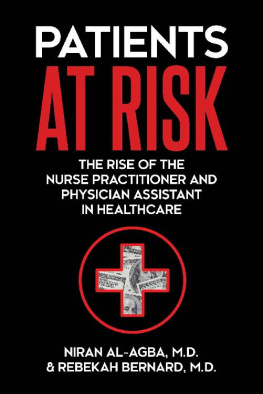CHAPTER 1 Examination Preparation and Test-Taking Strategies
Daniel Thibodeau, MHP, PA-C
INTRODUCTION
After you have finished a long and distinguished journey from your physician assistant program, you are now faced with the reality of taking and passing the Physician Assistant National Certification Examination (PANCE). Those who have graduated in the past, i.e., practicing PAs, are required to take the Physician Assistant National Recertification Examination (PANRE) every 6 years to remain certified. The certifying examination is not just another test; it is a comprehensive assessment of the knowledge you have accumulated through courses and clinical experiences. Because we do not take examinations like this on a regular basis, you should have a careful plan of action in preparing to take such an important test. This chapter will help prepare you to sit for this examinationwhether its your first time or you are recertifying for the third time.
ABOUT THE EXAMINATION
The PANCE and PANRE are single-day examinations covering multiple aspects of clinical medicine. The PANCE comprises 360 multiple-choice questions that are broken into six blocks of 60 questions. Each block is 60 minutes long, so you have approximately 1 minute per question. The PANRE comprises 300 questions that are divided into five 60-minute blocks.
The framework of content on the examination is built around a blueprint. The blueprint focuses on two large areas that the questions will covertask areas and questions related to organ system. The National Commission on the Certification of Physician Assistants (NCCPA) determines the percentage of the content of questions on the examination. Their most recent blueprint is shown here:1
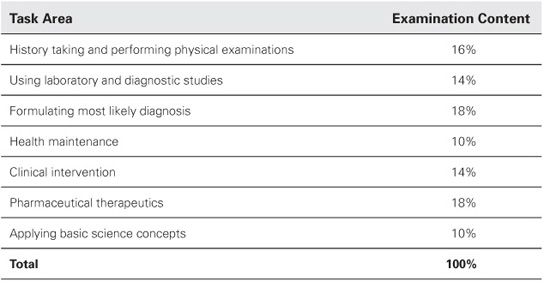
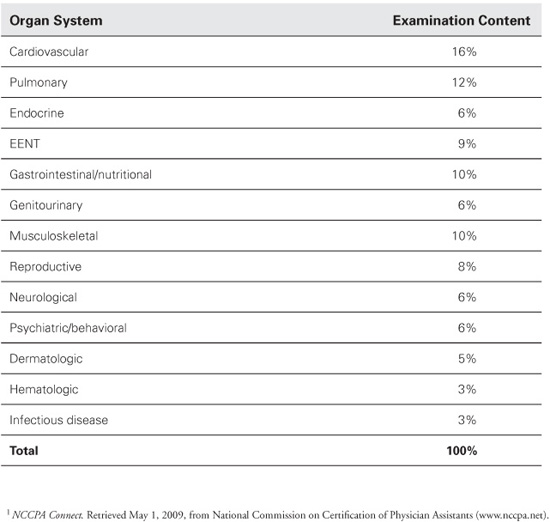
The organization of this book is based on the content of the blueprint and covers the majority of topics found in the test. However, the test is random and does not group the type of questions being asked from one section to the next. You must be prepared to answer any question from any category at any time.
You may answer the questions within a given block in any order, and you may review and change responses within a block during the time allotted for that section. As you navigate through the examination, you may encounter a question that is more difficult for you to answer. Try to remember that you must use good time management skills in taking the test. If the question requires more time than normal to think about, skip the question and move on. You can always come back to it later.
As you finish each section you will be given a summary of that section and if all the questions have been answered. If you have not answered all of the questions for that section, go back and answer every question in the block. A blank answer counts as an error, so it is in your best interest to take an educated guess on every question. Keep in mind that once you exit a block of questions or the time expires for that block, you cannot review or change your answers.
PREPARING FOR YOUR EXAMINATION
We all have different ways of learning. Each of us has different experiences of how we are able to retain knowledge and remember certain items. For new graduates, you have the recent experience of completing a vigorous program in which you have been tested numerous times throughout that the last couple of years. The PANCE will be an examination similar to your tests at school but much longer and with a lot more at stake. For practicing PAs taking the PANRE, getting back in to the habit of studying may be a bit of a challenge. Because you have been out of school for years, compounded with schedule restrictions such as full-time employment, the thought of preparing for and taking a large test can be intimidating. Here are some suggestions when preparing to study for the examination:
Commitment: You need to pledge to yourself that you will do everything needed to properly prepare for the examination. Your certification/recertification depends upon it.
Confidence: If you have just graduated from PA school, build confidence from the fact that you were able to successfully handle a lot of complex material. This test is an assessment of the knowledge that you have already obtained while in school. For recertification as a practicing PA, you have gained knowledge in your everyday practice over the past 56 years (or more) and so apply this experience toward the content of the examination. If you keep a positive attitude about preparing for the examination, you will feel better about going into the examination on a positive note.
Time management: Whether you are a new graduate or a professional recertifying, make the most of your time studying. Consider the amount of material that you will need to prepare for and try to estimate the amount of preparation you will need for those areas. Look at a calendar and plan backward from your examination date to ensure you allow yourself enough time to review. Set up a schedule that you can follow and a routine that you can commit to. If you can keep up with this strategy, you will not feel rushed at the end to cram a lot of material into the last minute.
Comfortable environment: Choose a study area that has the fewest distractions so that you can focus. The content of a test like this is complicated at times. Having a comfortable environment can be helpful to your concentration. Whatever the place, make sure that you can study in this area with your undivided attention.
Nutrition and exercise: Make sure that as you prepare you not only take care of studying but you take care of yourself as well. Proper nutrition and exercise can be very helpful in preparing for a test.
Another facet of preparation for the examination is to familiarize yourself with the testing software. The NCCPA offers a practice self-assessment module for a nominal fee.
EXAMINATION DAY TIPS
The day of the examination will usually start early for you. Here are some important reminders for you to consider:
When registering for the test, make your time in accordance with your own biological clock. If you are an early riser, think about registering for a morning time slot. If getting up in the morning is tough for you, consider starting at a later time.
Leave plenty of time getting to the testing facility. Showing up late not only causes unneeded stress on the day, but you could jeopardize being able to take the test if you are late.
Make sure that you have a good meal before you go into the testing center so you dont tire while taking the examination.
Take breaks during the examination to refresh yourself mentally and physically.
You will be taking the test in an independent testing facility called a Prometric Test Center. It is important that you be prepared for the examination before you enter the facility. Make sure that you have the following materials with you when entering the testing center:
Your testing certificate that states you are registered for the examination.
Two valid forms of photo identification card (driving license, passport).
Comfortable clothing (dress in layers in case you get warm/cold).
Once you enter the facility and sign in, you will have to verify who you are each time you step into the testing area. Leave any nonessential items in your car because you cannot take anything into the examination room except your identification. You can use a locker to store other personals that you have, but try to bring in as little as possible. You will be asked to empty out your pockets so that you enter the testing area only with the clothes you have on. You will then be asked to give your fingerprint prior to entering the testing room, and then would be escorted to the computer where you will take the test. From the moment you enter the examination room, you will be videotaped as well as recorded for sound. Once seated, you will be offered some earplugs to drown out noise. I would recommend accepting a pair and holding on to them in case you need them. The testing assistant will help you log onto the computer and you are on your way!




